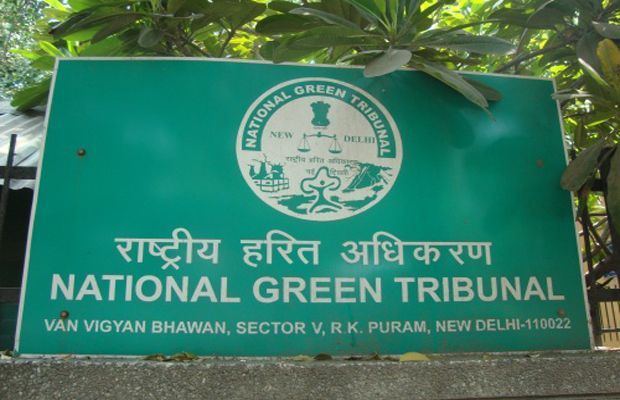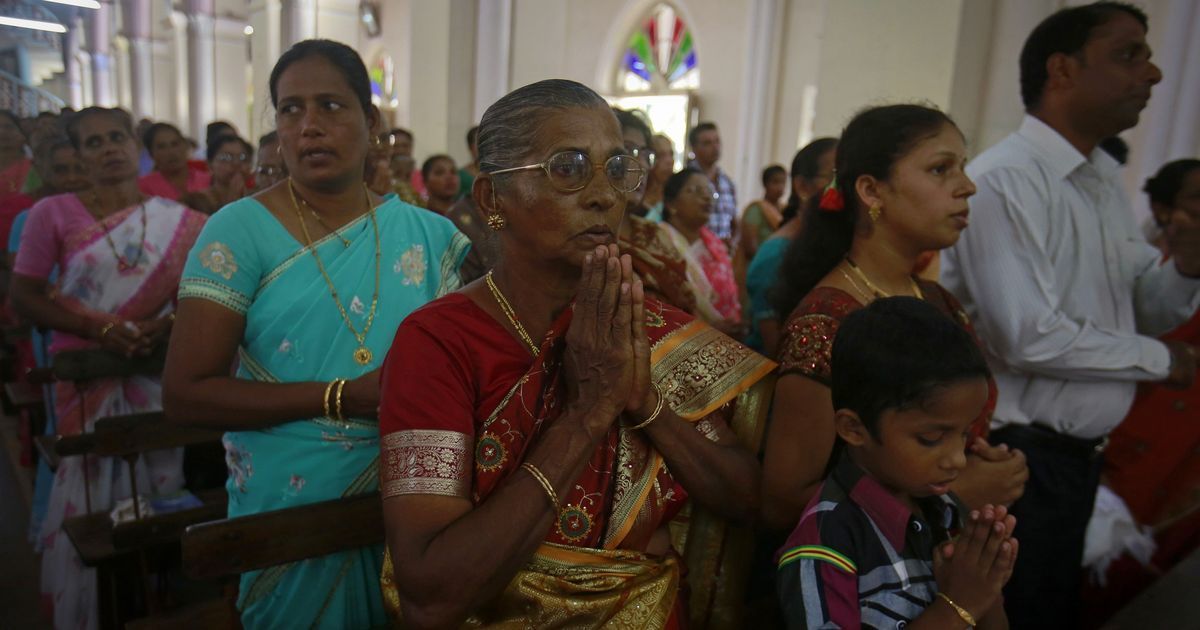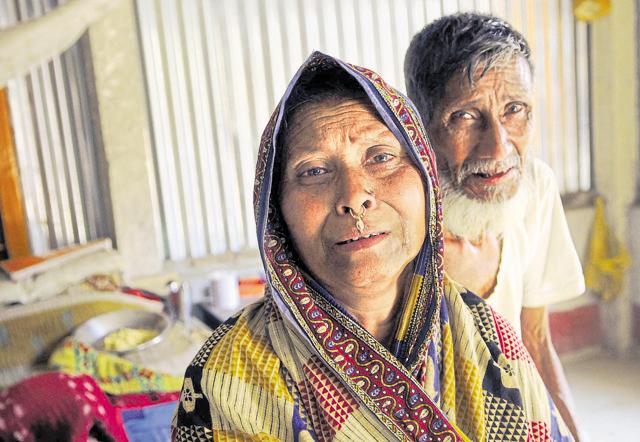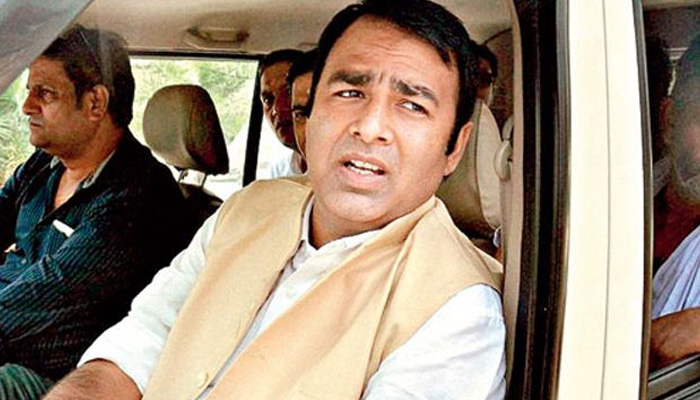The National Green Tribunal (NGT) has in a sharp and succinctly worded 25 page order rapped the Tehri Hydro Development Corporation (THDC) and the Uttarakhand government for dumping muck, stones and soil directly into the Alaknanda river. Fining the corporation Rs 50 lakhs for the pollution on the Polluter Pays Principle, the NGT has ordered that all the dumped debris be removed by the THDC within four weeks failing which an additional Rs 25 lakhs will have to be paid up for default. The order was passed on April 13, 2017. The river is to be restored to its former condition and a committee appointed by the NGT to oversee the process.

The entire order of the NGT may be read here.
The NGT Order outlines the principles of Environmental Jurisprudence in Detail:
“The Precautionary Principle has two fold obligations. Firstly, the project proponent must take all expected precautions and preventions to ensure that no pollution results from its activity.
“Secondly, it has to take into consideration the Principle of Inter Generational Equity and therefore ensure that it causes no irretrievable damage to natural assets. In addition, a definite obligation is placed upon the project proponent to protect these assets.
“Even the Principle of Strict Liability in terms of Section 17(3) of the Act of 2010 would apply upon the applicant with its rigour. In the case of ‘Gurpreet Singh Bagga vs. Ministry of Environment & Forest & Ors.”, O.A. No. 184/2013 dated 18th February, 2016 while applying the Precautionary Principle and the safeguards which the project proponent is obliged to take and its failure, therefore, must attract the Polluter Pays Principle, the Bench held as under:
“The 'precautionary principle' places onus upon the industry, on the one hand, while on the other hand, it obligates the State Government, local authorities and State Pollution Control Boards to ensure prevention and control of pollution. Lack of scientific knowledge would be an irrelevant consideration for determining such a factor. We may refer to the judgment of this Tribunal in the case of Krishan Kant v. Triveni OA No. 317/2014 pronounced on 10th December, 2015 wherein the Tribunal while discussing the precautionary principle and its applicability held as under:–
"14. The Rule of 'No Fault' or 'Strict Liability' was enunciated by the House of Lords in the case of Rylands v. Fletcher, (1868) L.R. 3 H.L. 330, wherein it was stated that if the defendant was not negligent or rather, even if the defendant did not intentionally cause the harm, he could still be held liable under this Rule for the damage or adverse impact of his activity. To succeed in such an action in tort, the claimant was expected to show:
1. That the defendant brought something onto his land;
2. That the defendant made a "non-natural use" of his land (per Lord Cairns, LC);
3. The thing was something likely to do mischief if it escaped;
4. The thing did escape and cause damage. The rationale behind the rule of Strict Liability is that the activity going within its fold are those entailing extraordinary risk to others, either in seriousness or the frequency of the harm threatened. Extending the basis of such liability, Blackburn, J. held as under: "We think that the rule of law is, that the person who for his own purposes brings on his lands and keeps there anything likely to do mischief if it escapes, must keep it in at his peril, and if he does not do so, is prima facie answerable for all the damage which is the natural consequence of its escape. He can excuse himself by showing that the escape was owing to the plaintiffs default; or perhaps that the consequence was of vis major, or the act of god; but as nothing of this sort exists here, it is unnecessary to inquire what excuse would be sufficient."
“In the recent past, there has been a basic shift in the approach to environment protection. Earlier, the concept was based on the 'Assimilative Capacity' Rule as is evident from Principle 6 of the Stockholm Declaration of United Nations Conference on Human Environment in 1972.
“This principle assumed that science could provide policy makers with the information and means necessary to avoid encroaching upon the capacity of the environment to assimilative impacts and it also presumes that relevant technical expertise would be available when environmental harm was predicted and there would be sufficient time to avoid such harm.
“Under the 11th Principle of the United Nations General Assembly Resolution on World Charter for Nature, 1982, the emphasis shifted to the 'Precautionary Principle', which was then reiterated in the Rio Conference of 1992 in its Principle No. 15. The inadequacy of science is the real basis that has led to the 'Precautionary Principle'. It is based on the theory that it is better to err on the side of caution and prevent environmental harm which may indeed become irreversible.
“The Precautionary Principle suggests that where there is identifiable risk of serious or irreversible harm, including, for example, extinction of species, widespread toxic pollution, in major threats to essential ecological processes, it may be appropriate to place the burden of proof on the person or the entity proposing the activity that is potentially harmful to the environment. In the event of uncertainty, presumption should operate in favour of environmental protection and primary onus would shift in light of the presumption in favour of the environment and statutory obligation of the industry as afore referred. The test to be applied is that of a 'reasonable person'.
“The 'Precautionary Principle' thus, demonstrates that an activity which poses danger and threat to the environment is to be prevented. Under this Principle, the State Government and the Local Authorities are supposed to first anticipate and then prevent the cause of environmental degradation by checking the activity. Lack of scientific knowledge as to whether particular activity is causing degradation should not stand in the way of government in analysing such harm. 'Onus of Proof under this Principle is on the actor or the developer to show that the action is environmentally friendly.
“We must notice here that the provisions of the Act of 2010 under Section 20 mandates that the Tribunal has to apply the 'Precautionary Principle' while adjudicating the cases under the environmental jurisprudence."
“Man has changed the nature of many of the world's Rivers by controlling their floods, constructing large impoundments, overexploitation of living and non-living resources and using Rivers for disposal of wastes.”
“Among these, indiscriminate extraction of non-living resources like sand and gravel from Riverbed is the most disastrous as this activity threatens the very existence of the River ecosystem (Kondolf, 1994 supra). Indiscriminate extraction of River sand and gravel, many folds higher than natural replenishments, imparts serious offsite and onsite impacts, leading ultimately to changes in channel form, physical habitats and food webs, engineering structures associated with River channels and inland sediment supply to coastal and near-shore environments.”
“Sand is vital for sustenance of Rivers. Sand mining is the removal of sand from their natural configuration. Sand and gravel are mined world-wide and account for the largest volume of solid material extracted globally. Formed by erosive processes over thousands of years, they are now being extracted at a rate far greater than their renewal.
“A conservative estimate for the world consumption of aggregates (sand and gravel) exceeds 40 billion tonnes a year. This is twice the yearly amount of sediment carried by all of the Rivers of the world [Milliman and Syvitski (1992) in: Journal of Geology Vol. 100 (5): 525-544], making humankind the largest of the planet's transforming agent with respect to aggregates.
“Determining the amount of sand that can be sustainably extracted from a particular stream reach requires site-specific topographic, hydrologic, and hydraulic information.
“This information is used to determine the amount of sand that can be removed from the area without causing undue erosion or degradation, either at the site or at a nearby location, upstream or downstream. In-channel or near-channel sand-and-gravel mining changes the quantity of that can be extracted vis-à-vis the sediment deposited sediment, and may result in substantial changes in the channel hydraulics. These interventions can have variable effects on aquatic habitat, depending on the magnitude and frequency of the disturbance, mining methods, particle-size characteristics of the sediment, the characteristics of riparian vegetation, and the magnitude and frequency of hydrologic events following the disturbance.”
“Useful reference can be made in the case of ‘Ashwini Kumar Dhal vs. Odisha Pollution Control Board and Ors.’, dated 25th May, 2016 where the Tribunal held as under:
“'Polluter Pays" principle, which is an overarching principle, mandates the polluter to bear the cost of pollution, prevention, control and reduction measures. This principle is an integral component of sustainable development. The Apex Court of India in Indian Council for Enviro-Legal Action vs. Union of India (1996) 3 SCC, Karnataka Industrial Area Development Board vs. C. Kenchappa : (2006) 6 SCC 371, M.C. Mehta vs. Union of India: (2006) 3 SCC 399, has held that the "remediation of the damaged environment is a part of the process of sustainable development and as such the polluter is liable to pay the cost to the individual sufferer as well as the cost of reversing the damaged ecology." Similarly in Hindustan Coca Cola Beverages Pvt. Ltd. vs. West Bengal, it has been held that "it is no more res integra, with regard to the legal proposition, that a polluter is bound to pay and eradicate the damage caused by him and restore the environment.”






